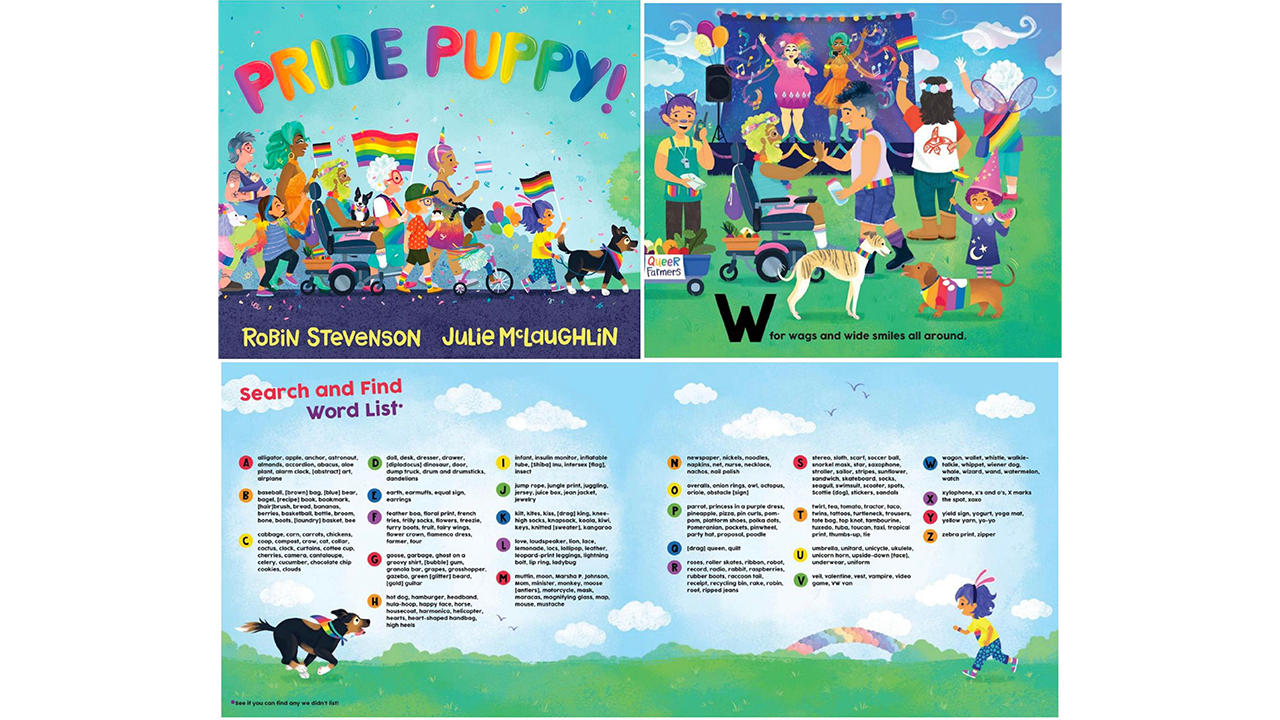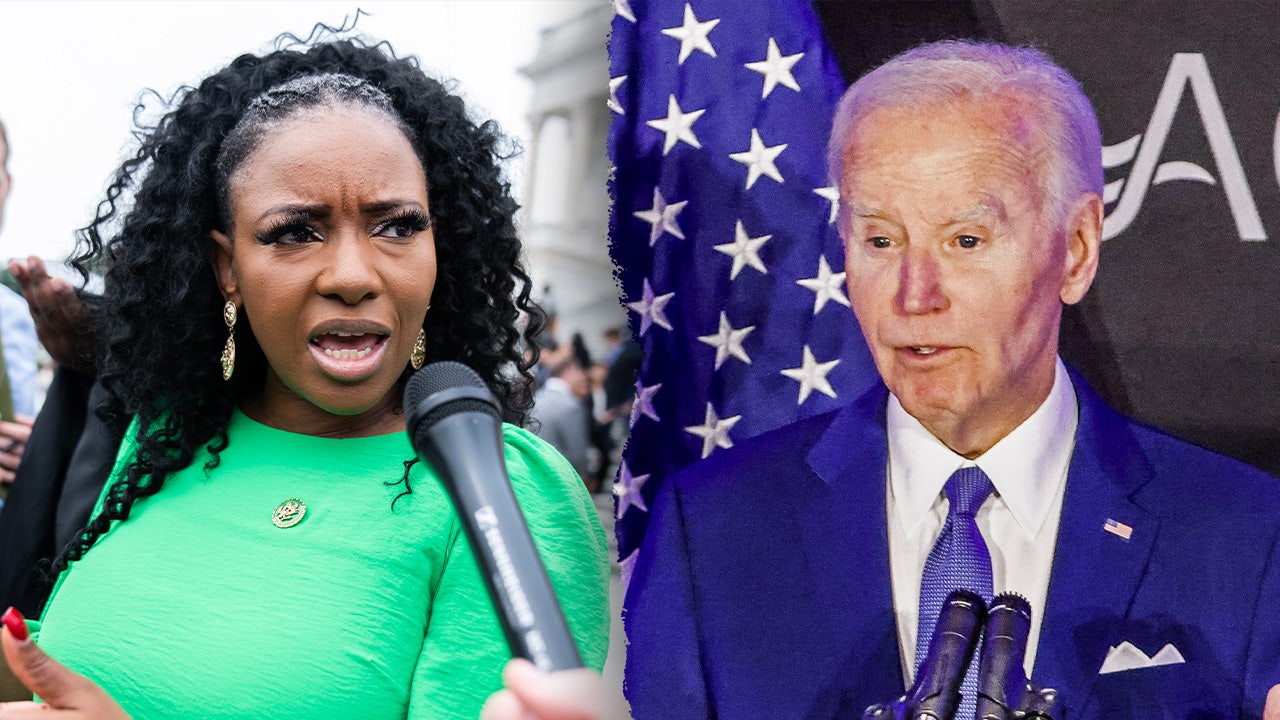SCOTUS justice has wild exchange with lawyer over children’s LGBTQ storybook

In a recent exchange between the lawyer for a Maryland school district and U.S. Supreme Court Justice Neil Gorsuch, the focus was on a children’s book called “Pride Puppy!” The book, which had been used in the pre-kindergarten curriculum of Montgomery County Public Schools, tells the story of a family celebrating Pride Day and their efforts to reunite their lost dog during the parade.
During the hearing, Justice Gorsuch raised questions about the content of the book, specifically mentioning items such as leather and bondage. The attorney representing the school district clarified that the leather was actually a woman in a leather jacket and that one of the words in the book was “drag queen.”
The case being heard by the Supreme Court involves parents who are seeking the ability to opt their children out of reading LGBTQ-themed storybooks in public schools. The parents argue that young children should not be exposed to materials that contradict their religious beliefs. The attorney representing the parents emphasized that the school district violated the First Amendment by denying opt-out requests for these books while allowing exemptions for other religious objections.
One of the key issues in the case is the district’s decision to introduce LGBTQ-themed curriculum books in 2022 and require teachers to use them in the classroom. The school district initially allowed parents to opt out for religious reasons but later reversed course, citing concerns about absenteeism and administrative burdens.
Among the other storybooks mentioned in the case are “Prince & Knight,” a modern fairy tale about two men who fall in love, and “Uncle Bobby’s Wedding,” which explores a young girl’s reaction to her uncle marrying another man.
The Supreme Court is expected to issue a ruling on the case by late June. This case highlights the ongoing debate over the inclusion of LGBTQ-themed materials in school curricula and the balance between religious freedom and educational requirements.




